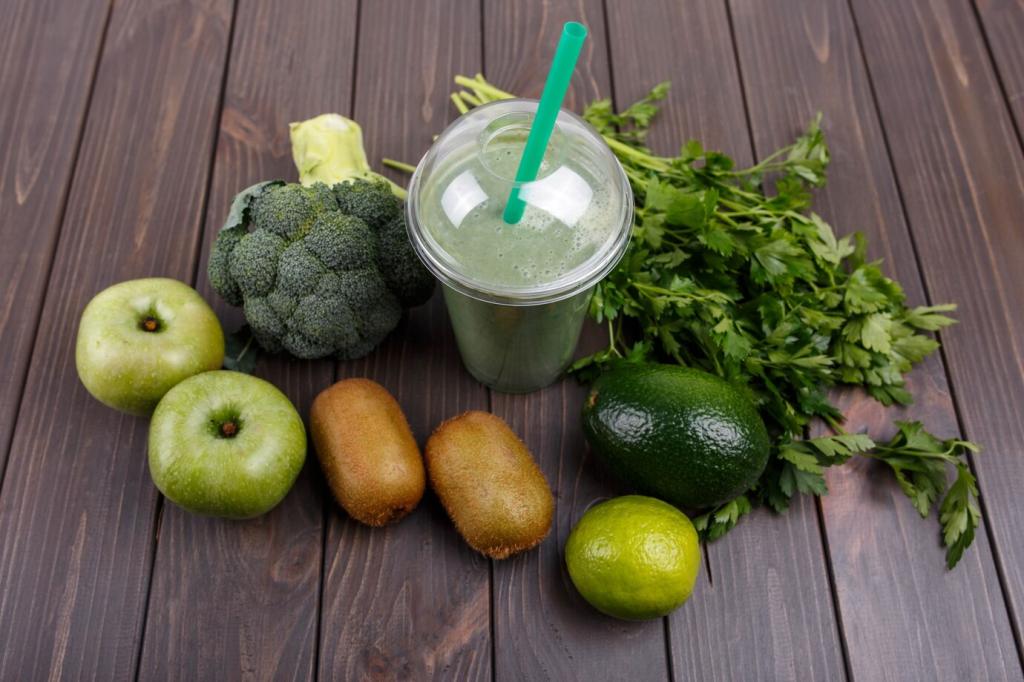Build Your Performance Nutrition Foundation
Think beyond calories and consider energy availability: what remains after training is covered. Consistently underfueling may sabotage progress, mood, and metabolism. Share your weekly training load below, and we’ll help translate it into practical fueling targets.
Build Your Performance Nutrition Foundation
Endurance athletes often thrive on higher carbohydrates, while strength and power athletes prioritize sufficient protein and balanced fats. Typical ranges include 3–12 g/kg carbohydrates, 1.2–2.0 g/kg protein, and 20–35% calories from fats, personalized to phase and preference.





